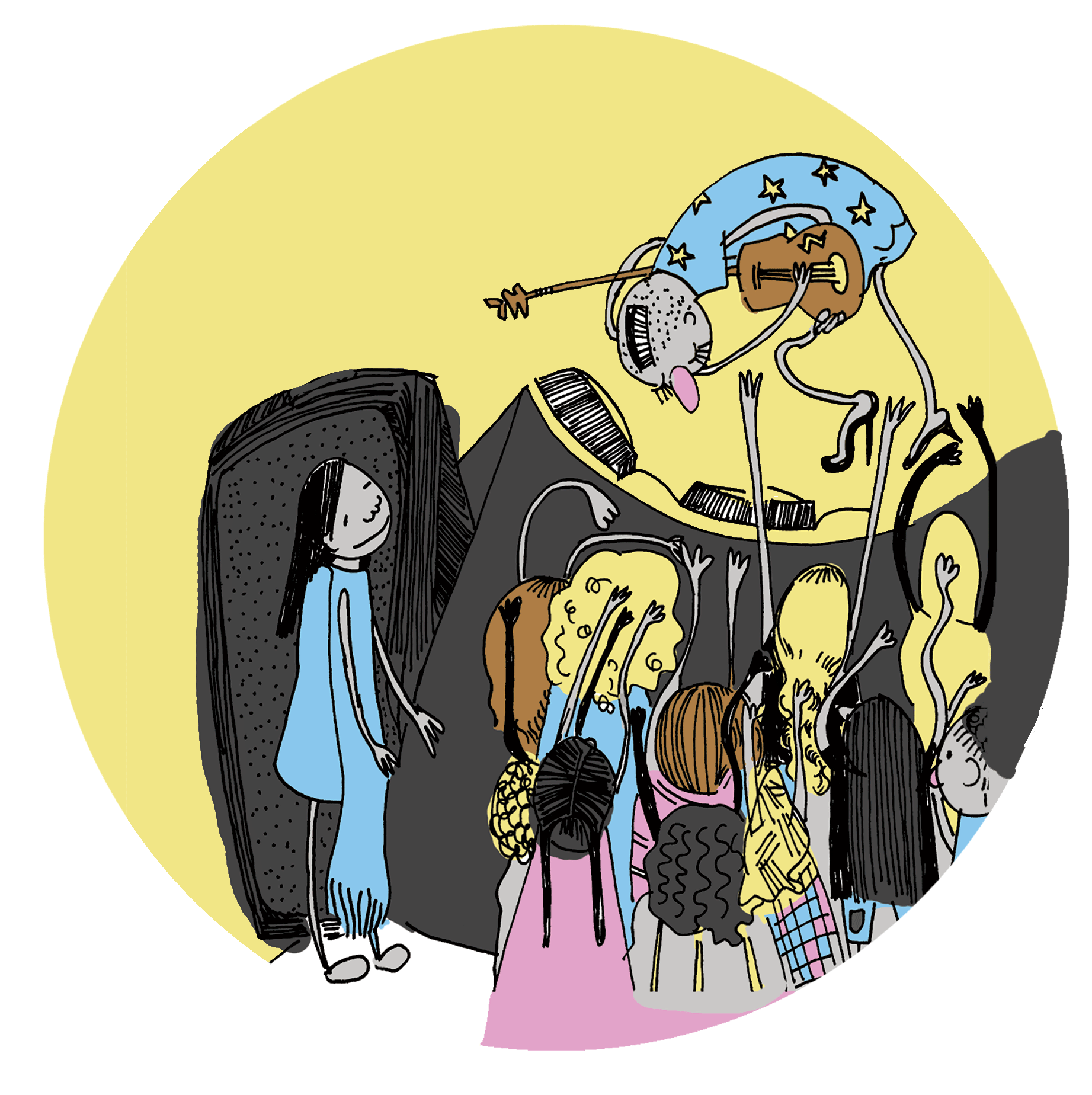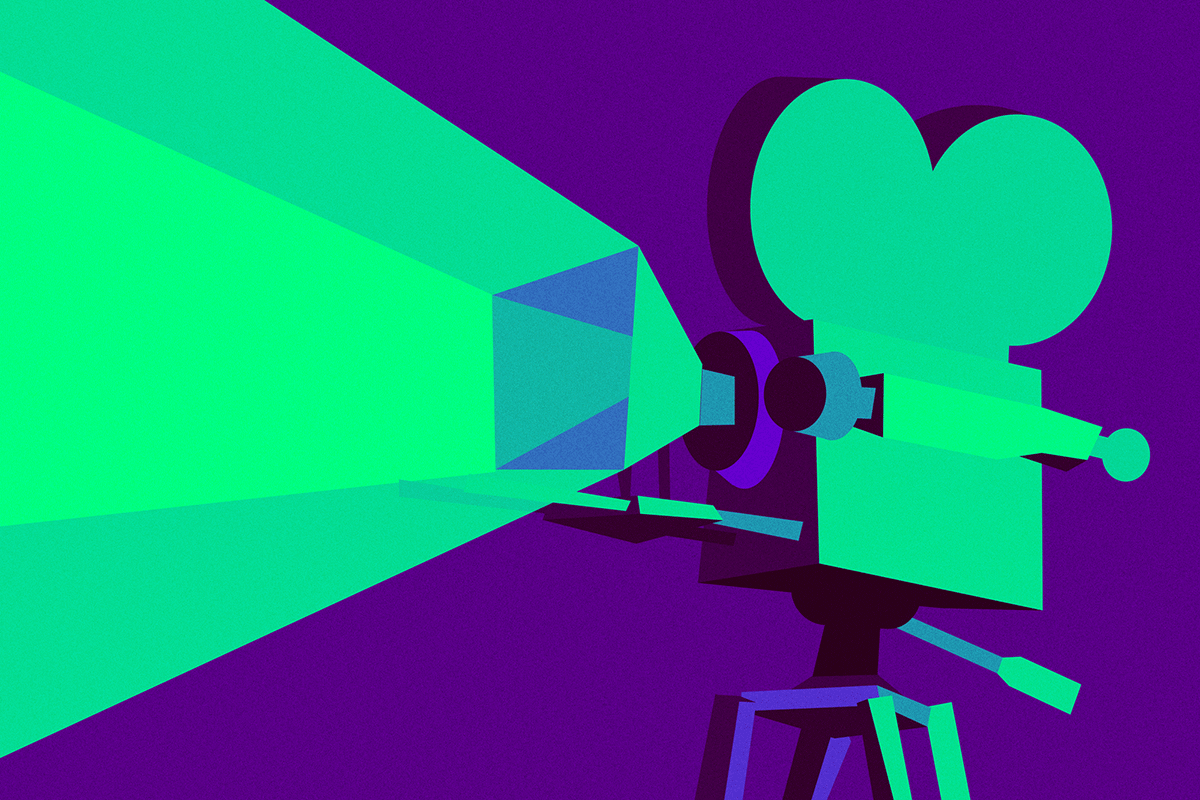
The Orlando shooting is now a few weeks behind us, and this instance of hate has many affected allies (self included) wondering: “What is my role in this? What is my role in healing and standing with others in pain?” When I found out about the “Dance/Walk/Strut Vigil for Orlando,” it sounded like an opportunity to stop being so angry. I had spent the entire week that followed that God-awful Sunday barely being able to sleep.
Having grown up in Florida and being a frequenter of many gay clubs just like Pulse, I was particularly devastated. Following the attacks, I often woke up crying, concerned that I even momentarily thought that I had any time to rest from fighting. As a woman of the Latinx community, gay spaces are one of the few places where I do not feel the inescapable sexism that permeates most of the world. These clubs were where I learned to love and celebrate the beauty of people’s differences; they were where I had been invited to be my true, authentic self.
The vigil, which was held on Saturday, June 18, at 10:30 a.m., began with introductions. There were relatives of the victims, people with varying relationships to Florida, and people who just wanted a chance to stand with a hurting community. The participants walked from Churchill Park on Damen Avenue onto the 606 towards Western Avenue in silence. At Western Avenue, organizers of the vigil had the crowd read the victims’ names and ages aloud. Passing the megaphone for participants to take turns reading changed the way in which I stored the names in my memory. So many lists of the dead unfortunately become fading marks on a marble stone. Igniting these names with our voices gave an entryway for connection; it provided a vocabulary for people across the ever-expanding sexual acronym.
After the names were recited, we were encouraged by the organizers to dance, strut, and celebrate one another. We started playing music on a portable speaker; this prompted one of the participants to use his gay flag to play parachute. That game has always instilled a certain fear in me. I pictured the act of playing parachute as a mechanism for invisibility: The flickering of others’ bodies behind the tarp creates a suspense that at any moment, someone could let go of their end and deflate the experience. (Fortunately, that didn’t happen.) The vigil repaired my fear; the purpose of the parachute was to celebrate visibility and reliance on one another to move toward change.
The vigil sought to expand safe spaces for the queer community outside of bars, clubs, and traditional settings. I was intrigued by the discussion that the vigil that Boystown had been somewhat limiting, so I sat down with queer artist Allie Shyer to talk about it.
“For me, an important part of this conversation is that gay life and queer life doesn’t just exist in bars. I don’t go out to the club anymore because i’m done with that part of my life but the queer community is still a very important part of my life,” Shyer said. Shyer is interested in how to expand safe spaces outside of Boystown. “Our continued viability relies on our ability to expand outside of the night-time,” she added.
We discussed the need for a more sustainable model of community. A lot of the participants at the vigil found out about it through Facebook, which has been an effective and positive way to unite the various groups that were represented. However, at a time where digital communication is a major social tool, the relational issues that can lead to violence are still not eliminated.
“The Orlando shooting and so many mass shootings that have been happening show that obviously so many changes need to happen with gun control. And the other part of it is this toxic masculinity; that feeling that we don’t need to be communicating. Violence is always interpersonal, it’s always somebody who doesn’t know how to say something to somebody else. As these huge rifts in communication that lead to violence are happening, we also have this ongoing conversation about community, so what does it mean that these two conversations are going on side-by-side?”
People are continuing to reach out and spread their gratitude for each other especially since Pride has been continuing all over the country. I think it’s acts like this vigil that remind us why we’re all here and why we all feel strongly about these sorts of issues that affect our everyday lives. If you stay in your own bubble and don’t reach out to others, then you will inevitably forget what’s important. The problem is not over. There is still so much work to do, and we are all responsible.
To contribute to a fund to support the families of the victims of the Pulse shooting, click here.







